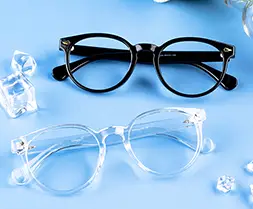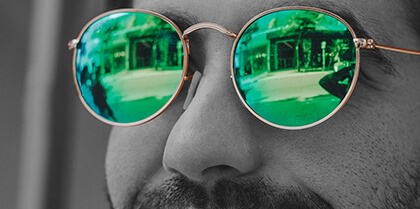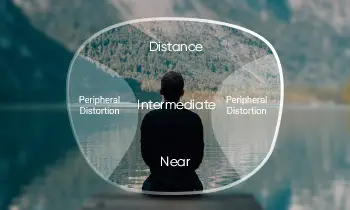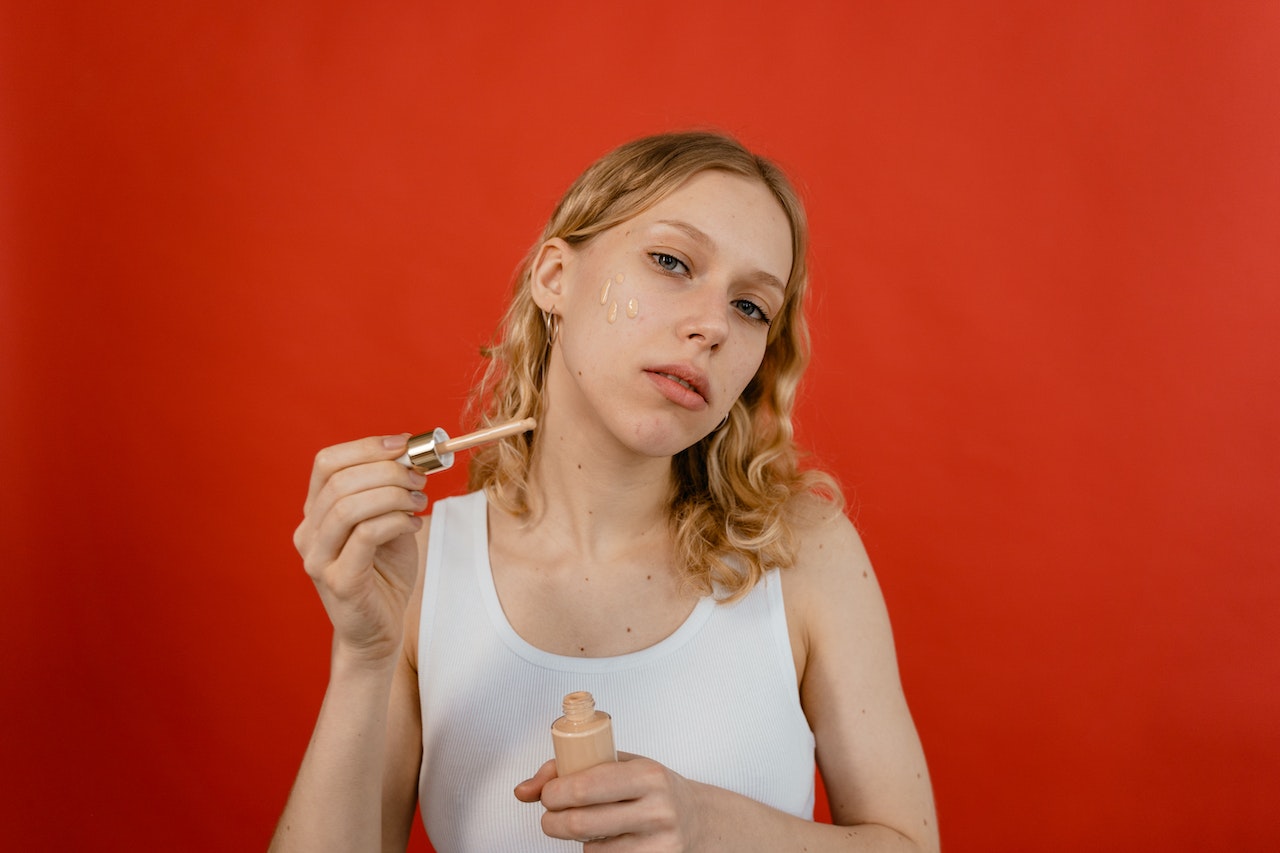Why don't the dark circles under my eyes fade away even though I've gone to bed early? Why are the dark circles still on my face even though I have used the most expensive eye creams? It's hard to understand what this dark circle is all about.
Dark eye circles are a common cosmetic issue that many people face, making them look tired and older than they actually are. Dark circles can affect people of all ages, races, and genders and can be caused by various factors. In this article, we'll discuss the causes of dark eye circles, as well as some effective ways to prevent and treat them.
Why do I have dark eye circles?
#1 Genetics: Some people are simply predisposed to having dark circles, which is due to the thickness and color of the skin under their eyes. The thinner the skin, the more likely the blood vessels underneath will be visible, leading to dark circles.
#2 Aging: As we age, the skin under the eyes becomes thinner and loses elasticity, making it more difficult to hide the blood vessels that contribute to dark circles. Additionally, aging can also lead to a loss of volume in the under-eye area, making the dark circles more pronounced.
#3 Lack of Sleep: When we don't get enough sleep, our skin can become pale and lackluster, making the dark circles more noticeable. Additionally, lack of sleep can also cause puffiness and swelling under the eyes, further emphasizing the appearance of dark circles.
#4 Allergies: Allergies can cause itching, rubbing, and swelling under the eyes, leading to dark circles. The inflammation can also cause the blood vessels under the skin to become more noticeable, contributing to the appearance of dark circles.
#5 Dehydration: Dehydration can cause the skin to look dull and sunken, making the dark circles more noticeable. To prevent dehydration, it's important to drink plenty of water and consume a diet that is rich in fruits and vegetables.
#6 Sun Exposure: Sun exposure can cause an increase in melanin, the pigment that gives our skin color. When the skin under the eyes becomes darker due to increased melanin, it can make the dark circles more noticeable. Wearing sunglasses with 100% UVA and UVB protection and using sunscreen can help prevent sun damage and protect against dark circles.
#7 Hormonal Changes: Hormonal changes, such as those experienced during pregnancy or menopause, can cause an increase in melanin and result in dark circles. Additionally, hormonal changes can also cause fluid retention, leading to puffiness and swelling under the eyes.
#8 Medical Conditions: Certain medical conditions, such as anemia or eczema, can cause dark circles. Anemia can cause the skin to become pale and lackluster, while eczema can cause itching, rubbing, and swelling under the eyes, leading to dark circles.
How can we prevent and treat dark eye cirlces?
Since there are many factors that contribute to dark circles, it can be difficult to know where to start when it comes to preventing and treating them. However, by addressing the underlying causes, you can effectively reduce the appearance of dark circles and make your eyes look bright and refreshed. Here are some suggestions for preventing and treating dark circles based on the causes discussed above.
If you are predisposed to dark circles due to genetics, there is no surefire way to prevent them. However, using a high-quality eye cream that contains ingredients that can help improve the skin's thickness and elasticity, such as retinol, can help reduce the appearance of dark circles.
To prevent and treat dark circles due to aging, focus on maintaining a healthy, balanced diet, staying hydrated, and getting plenty of rest. Using an eye cream that contains ingredients like retinol and hyaluronic acid can also help improve the skin's thickness and elasticity, reducing the appearance of dark circles.
To prevent dark circles caused by lack of sleep, aim to get 7-9 hours of sleep each night. Additionally, using a cooling eye gel or a chilled spoon can help reduce puffiness and swelling under the eyes.
To prevent dark circles caused by allergies, avoid triggers that cause itching and swelling, such as pet dander, dust, and pollen. Using an over-the-counter antihistamine can also help reduce inflammation and itching, reducing the appearance of dark circles.
To prevent dark circles caused by dehydration, aim to drink at least 8 cups of water each day and consume a diet that is rich in fruits and vegetables. Using a hydrating eye cream can also help improve the skin's hydration levels and reduce the appearance of dark circles.
To prevent dark circles caused by sun exposure, protect your skin by wearing sunglasses with 100% UVA and UVB protection and using a broad-spectrum sunscreen with an SPF of 30 or higher. Additionally, using an eye cream with a light-reflecting formula can help brighten the under-eye area and reduce the appearance of dark circles.
To prevent and treat dark circles caused by hormonal changes, aim to maintain a healthy, balanced diet and stay hydrated. Additionally, using an eye cream that contains ingredients like caffeine or green tea can help reduce puffiness and swelling under the eyes, reducing the appearance of dark circles.
To prevent and treat dark circles caused by medical conditions, it's important to work with your doctor to manage the underlying condition. In the case of anemia, taking iron supplements and eating a diet that is rich in iron-rich foods, such as red meat, poultry, and leafy greens, can help improve the skin's color and reduce the appearance of dark circles. If eczema is the cause of your dark circles, using a gentle, fragrance-free moisturizer and avoiding triggers that cause itching and swelling can help reduce the appearance of dark circles.
In conclusion, preventing and treating dark eye circles requires a multi-faceted approach that addresses the underlying causes. Whether it's genetics, aging, lack of sleep, allergies, dehydration, sun exposure, hormonal changes, or medical conditions, taking steps to address the root cause can help reduce the appearance of dark circles and keep your eyes looking bright and refreshed.




































